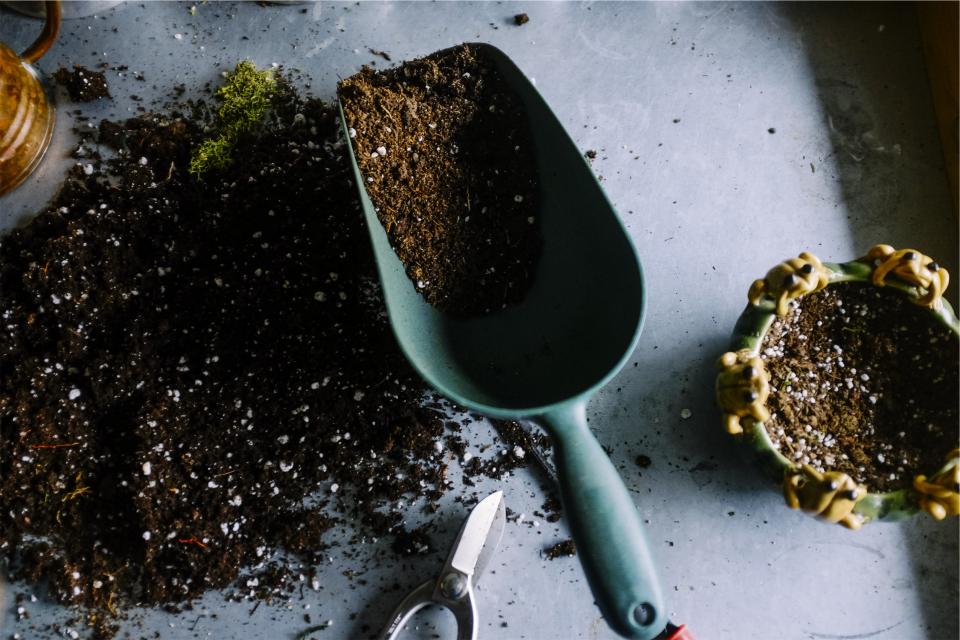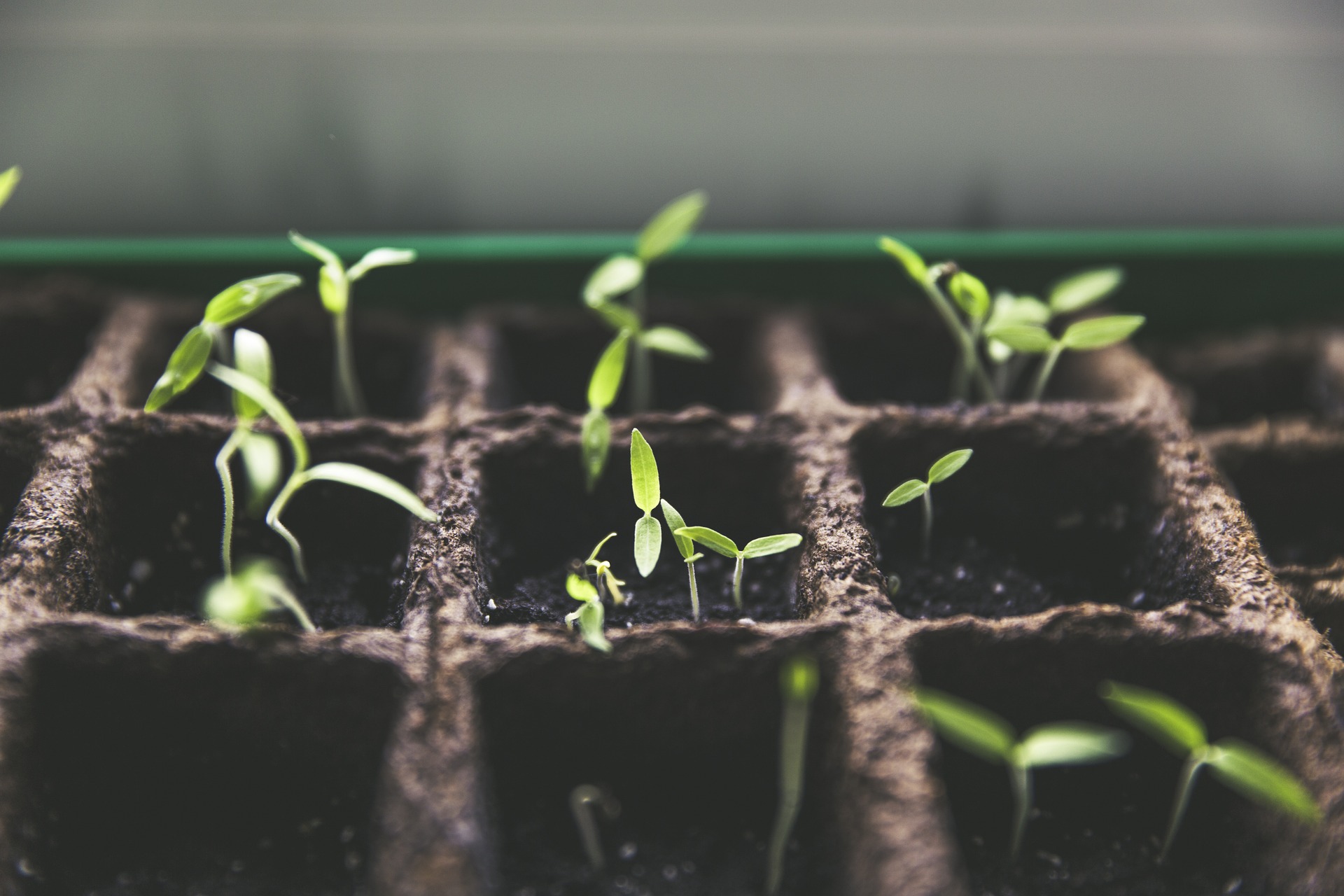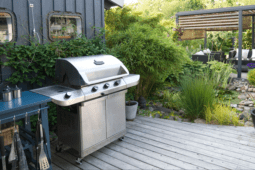To Build a Garden is to Embrace that Some Projects are Unfinishable. And That’s the Point.

The garden suggests there might be a place where we can meet nature halfway.
— Michael Pollan
If you've never gardened before, but you would consider yourself a DIY-er/craftsperson/maker or what have you, there may be some things about gardening that are very different than other kinds of projects. To build a garden entails some kinds of making that are very ordinary and along the lines of any other plan–>materials–>product kind of project. But in other ways, it requires craft and technique that are completely beyond other kinds of skills. But, to build a garden is not to simply make something. It is to embark on an un-finishable project that demands a totally unique set of skills and instincts. And yet, the lessons and the outcomes from gardening are extraordinary. A garden is a reminder that the world shapes itself, but that if we are attuned to its processes, we can turn the angles and cultivate a more intricate, more nourishing form. And the produce! My god the produce! Vegetables of every variety and color. Herbs that mature and flower rather than come to you in clear, gem containers. Flowers that perfume the air and explode with colors that are so primary and so vibrant that you remind yourself how much of your sight is dedicated to digital inputs. If you relish making things and love getting your hands into something real, to build a garden is to take on a project like no other.
Gardens have to be neat, but they do not have to be especially pretty. They do not require ornate building, but of course building a few things––perhaps some raised beds, fences in animal-heavy areas, and the like––is a natural part of putting a garden together. You might even need to get out the miter saw. Other things that you wouldn't think of as “crafting” will require efforts that take years and years to really perfect. A few boards and square posts will build a raised gardening bed. But fostering a rich, nutrient soil in which plants thrive and grow will take the attention and care of years and require that you start saving banana peels and become very friendly with worms. A simple lattice and a few stakes will support some tomato plants––and if you are going to take time to get a vegetable garden together, you are bonkers if you don't include a few tomato plants in it––but your efforts will absolutely be frustrated by sunless days that you can do nothing about. Sometimes you will be ready to “go work in the garden” and you'll stand in front of it looking around aimlessly for something to do. But other times, it will require your ingenuity and every bit of your effort to make it work.

On the other hand, gardens require your skillful attention. To garden well you must become educated about your climate, the kind of soil that is available to you, the animals and insects in your part of the world, and the particularities of plants and plant types that are suited to your specific garden. This is a project that is constantly progressing, but at a pace that makes snails seem hasty. This means that there are all kinds of things you have to provide and remove from your garden for it to proceed toward flourishing. Sometimes these are gigantic stones and impeding vegetation. Sometimes these are patches of clover or a dandelion. But if it takes a shovel, a pickaxe, a hand trowel or your fingers, that will be your labor.

All of the things you do in a garden will be crucial, necessary, and intensive, at least at some level. But almost none of the work will be your own. Because if you are gardening, you are collaborating with a partner. And your partner in building a garden is heavy-handed, domineering, and very finicky about time, but also patient with mistakes, forgiving, and completely devoid of pretense. To build a garden is to create a venue for nature's work. It is a kind of making, but it is a making that is older than the species and the continents. It is a co-creation, a partnership with nature in which our hands become part of nature, fostering it so that nature can become itself. This collaborative effort and the fact that no garden you could ever build is built on your terms comes when you think about how to finish your project. Because, with a garden there is no end. There is something new to do in every season––some aspect of maintenance, some preparation for a coming thaw or frost. But it is never done––it is never finished. To build a garden is to cease being on your own time and to enter into the time of the earth itself. And so, there is no sense of completion or accomplishment with a garden. In its place there is a sense of awe and a profound feeling of humility. And that's no small thing to come from a plot of ground that, in much of the nation, is just as likely to be covered in sod.
It is early April. Much of the country that has been wrestling with winter, but the snows are dissipating. Perhaps a few daffodil bulbs and even a tulip or two are peaking up through the soil. Maybe you have a yard or some outdoor space that is becoming a little bit greener––and just waiting to sprout with dandelion greens. Maybe this is the year to try out a few things on a small patch––a few tomato plants and some herbs. Maybe even begin with a few pots if you feel tentative.
What's the worst that could happen?









